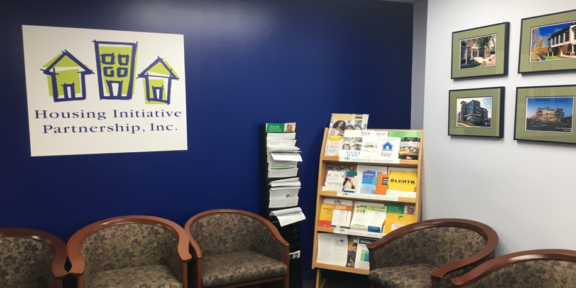Social justice, equal rights, jobs and democracy were the aims of more than 175,000 people marching on the historic grounds of the Lincoln Memorial last Saturday for a rally sponsored by the One Nation Working Together coalition.
Emerging from packed school and rented buses, marchers carrying picket signs labeled “FUND JOBS NOT WAR” and “BETTER SCHOOLS” swarmed the rocky surfaces of Washington. Black, white, Hispanic, Asian, Latino, gay, straight, lesbian, unemployed and employed activists filled the unpaved dirt grounds of the National Mall, all wanting their stories and voices to be heard.
The rally was organized by the National Association for the Advancement of Colored People and more than 400 organizations including the AFL-CIO, American Federation of Teachers and Service Employees International Union. It was a response to the “Restoring Honor” rally organized by Fox News personality Glenn Beck as well as the conservative views of the Tea Party and Republicans such as Sarah Palin.
Although prominent speakers such as the Rev. Al Sharpton, the Rev. Jesse Jackson, actor-activist Harry Belafonte and NAACP CEO Ben Jealous were present, the march was truly for underrepresented and unsung citizens.
Among those unsung everyday people was Denise Wilburn. A special education teacher and SEIU member from Gary, Ind., Wilburn marched in the rally for jobs, unity and affordable education.
“The governor [of Indiana] wants to close off public schools and open more charter schools,” Wilburn said. “What about the special-needs children that cannot afford charter school?”
However, Wilburn traveled all the way to the District of Columbia for another reason: health care. At age 47, she has a job but no health insurance.
“It’s a problem when you’re a full-time worker, and you have $6,000 hospital bill,” she said angrily. “There’s too many people in Gary, Ind., working poor. I came to fight for the health-care reform. There’s too many people that are working full time and working poor.”
Although the travel was long and tedious, Wilburn believed that her attendance at the rally was what she needed to do for her community. “I’m here because they need to see that I have a voice,” Wilburn cries out with a crack in her voice.
Caroline Butler, a resident of Vienna, Va., and native of South Africa, had similar concerns. Butler volunteered to help with crowd control on the National Mall along with her daughter, Lauren. She wants union strength and better health care for her daughter, who has Crohn’s disease, an incurable, chronic illness.
“I’m concerned that there would be an interruption in the health care for my daughter if the Tea Party takes over,” Butler said. “They don’t support the union and universal health care. We need unions because of the assistance they provide for health care.”
Although scared by the thought of losing health care, Butler wanted to instill the values of democracy and the right of protest in her daughter. “I wanted to participate in the rally to show my daughter that your voice can be heard, and that we need jobs, justice, and peace,” she said.
Throughout the rally, Carmen Bettis of Suitland, Md., carried a green and white sign that read “Jobs, Peace and Justice.”
“I was wrongfully terminated in 2004, which led me to be unemployed for nine months,” said Bettis, a federal government employee. “It was scary, frightful and exhausting. I nearly had lost all my savings, but through my union I was able to get back on my feet. If representatives of the Tea Party are elected, they plan to take out unions. I can’t let that happen. That’s why I’m here today.”
An enthusiastic Bettis advised people who were unaware of the demonstration to be informed and avoid being passive. “The people that we elect, if they are a part of the Tea Party or not, they are going to control what’s going to happen in the government for the next four years,” she said. “We need to get out there and vote. People have been hosed down and lynched for this opportunity. It’s time we take advantage of it now more than ever.”
By 5 p.m., organizers and protesters went back to their buses to head home. However, for some protesters, their work has just started. “We’re here in the march,” Bettis said, “but we have to be at the polls in November.”



